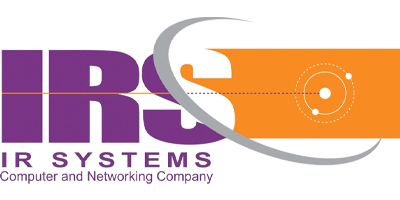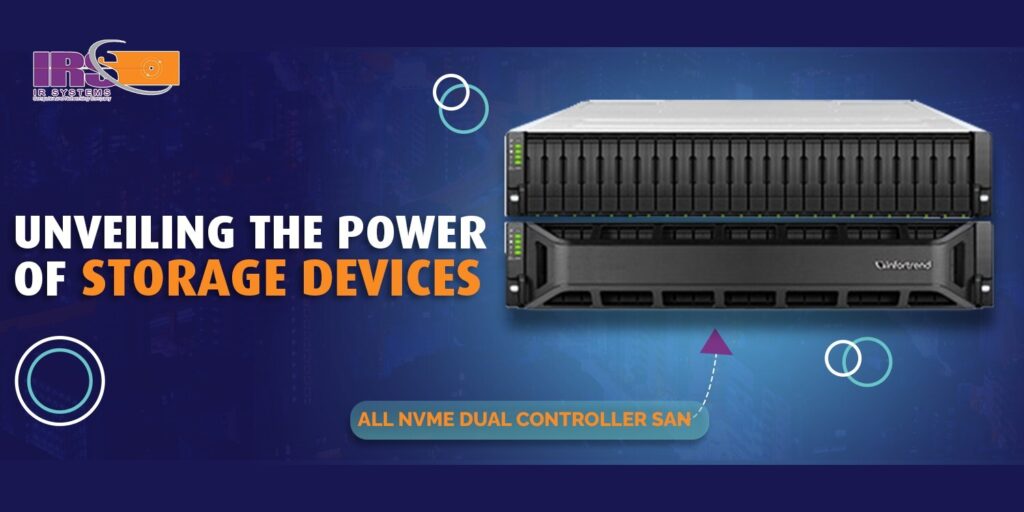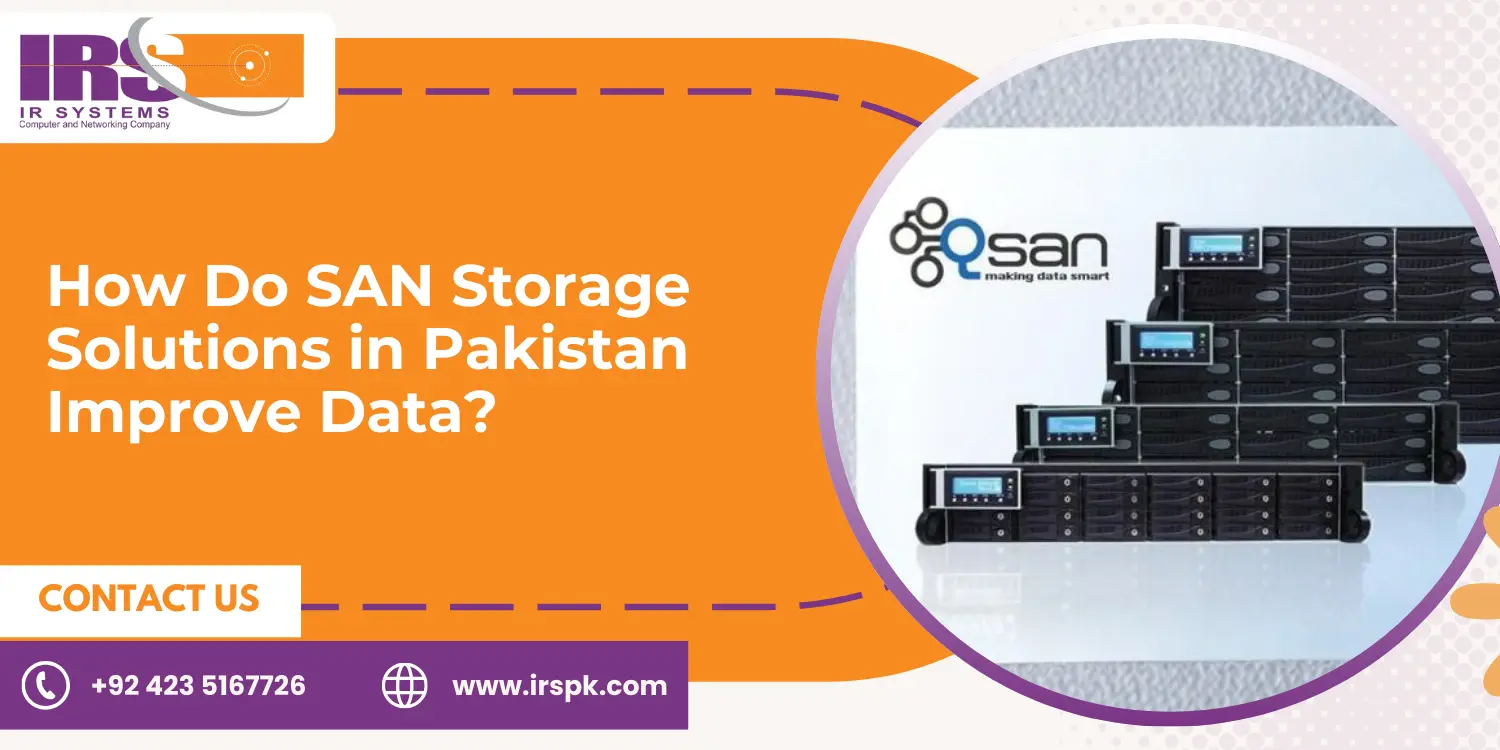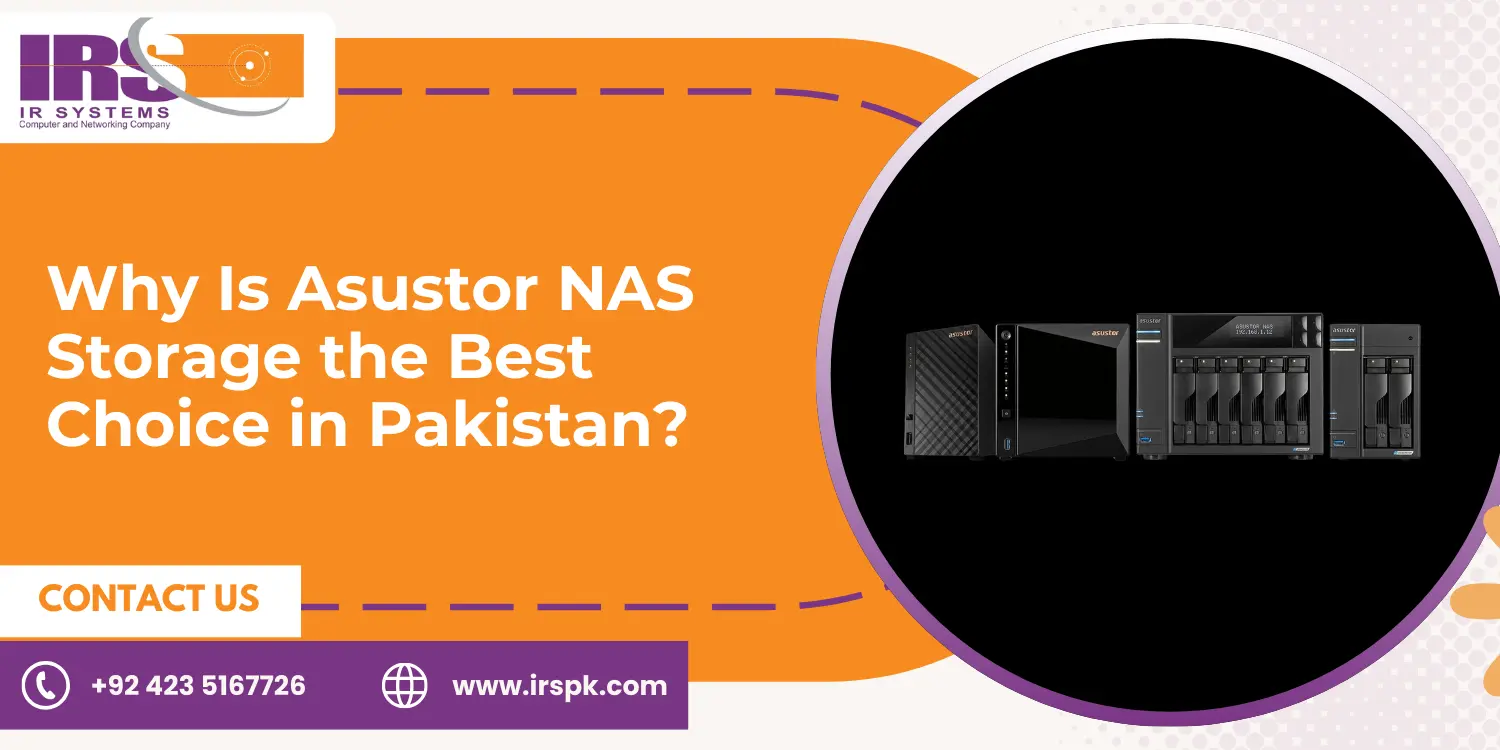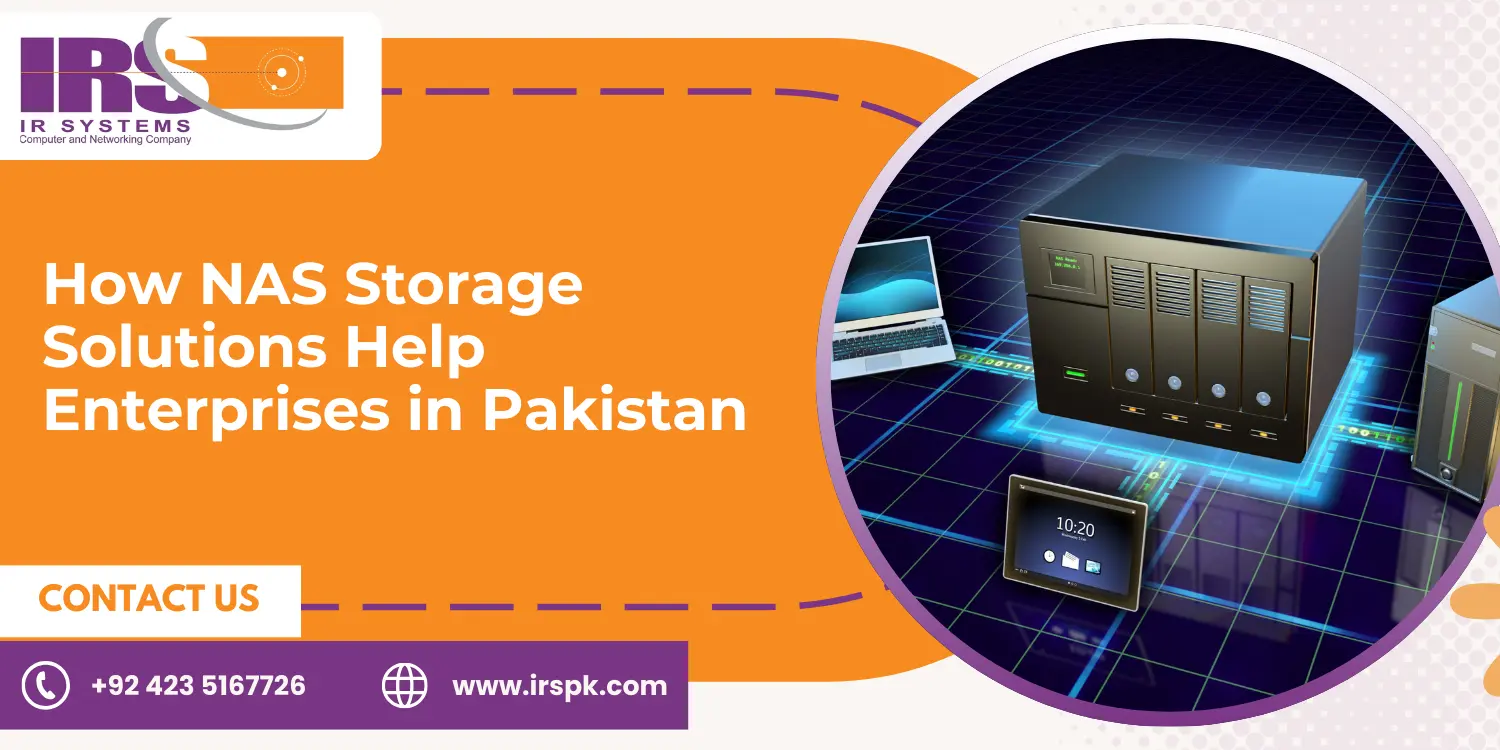In the digital age, the ability to access and retrieve information swiftly and accurately is paramount. Information Retrieval (IR) systems serve as the backbone of modern data management, facilitating the organization, indexing, and retrieval of vast amounts of data. Central to the effectiveness of IR systems are storage devices, which play a crucial role in storing and accessing data efficiently. Let’s delve into the intricate world of IR systems and explore how these devices are shaping the landscape of information retrieval.
Understanding Information Retrieval Systems
At its core, an Information Retrieval (IR) system is a software-based solution designed to store, index, and retrieve information from large repositories of data. From search engines indexing the vast expanse of the internet to enterprise databases organizing corporate information, IR systems are omnipresent in our digital ecosystem.
Components of an IR System:
Storage Devices:
Storage devices serve as the foundation of an IR system, providing the infrastructure for storing and accessing data.
Indexing Mechanism:
IR systems employ sophisticated indexing algorithms to organize data into searchable structures, facilitating quick retrieval based on relevance.
Query Processing:
When a user submits a query, the IR system processes the request, matches it against the indexed data, and retrieves relevant results.
Ranking Algorithms:
To enhance search accuracy, IR systems utilize ranking algorithms that prioritize results based on factors such as relevance, popularity, and user preferences.
The Role of Storage Devices in IR Systems
These devices are instrumental in the functionality and performance of IR systems, serving as the primary means of storing and accessing data. The choice of storage device significantly impacts the speed, reliability, and scalability of an IR system, thereby influencing its effectiveness in meeting user requirements.
Types of Storage Devices:
Hard Disk Drives (HDDs):
Traditional HDDs consist of spinning magnetic disks and read/write heads, offering ample storage capacity at a relatively low cost. However, HDDs are susceptible to mechanical failures and have slower read/write speeds compared to other storage technologies.
Solid-State Drives (SSDs):
SSDs utilize flash memory to store data, offering significantly faster read/write speeds and lower latency compared to HDDs. SSDs are more durable and energy-efficient, making them ideal for high-performance IR systems.
Hybrid Storage Solutions:
Hybrid storage solutions combine the benefits of HDDs and SSDs, leveraging the high capacity of HDDs for bulk storage and the speed of SSDs for frequently accessed data. This hybrid approach optimizes cost-effectiveness and performance in IR systems.
Advantages of Storage Devices in IR Systems
The choice of the storage device in an IR system can have profound implications for its functionality and efficiency. Here are some key advantages of storage devices in IR systems:
Speed and Performance:
SSDs offer significantly faster read/write speeds and lower latency compared to HDDs, resulting in quicker data access and retrieval. This translates into improved responsiveness and user satisfaction in IR systems.
Reliability and Durability:
Solid-state devices, such as SSDs, are inherently more reliable and durable than traditional HDDs. With no moving parts, SSDs are less susceptible to mechanical failures, ensuring consistent performance and data integrity in IR systems.
Scalability and Flexibility:
Storage devices with scalable architectures enable IR systems to accommodate growing data volumes and user demands. Whether it’s adding more SSDs for increased performance or expanding HDD capacity for bulk storage, scalable storage solutions provide flexibility and agility in managing data infrastructure.
Challenges and Considerations
While these devices offer numerous advantages in IR systems, they also present challenges and considerations that organizations must address:
Cost:
SSDs, with their superior performance and reliability, often come at a higher cost compared to HDDs. Organizations must carefully evaluate their budgetary constraints and performance requirements when selecting these devices for IR systems.
Data Security:
Ensuring data security and protection is paramount in IR systems, particularly when dealing with sensitive or confidential information. Organizations must implement robust security measures, such as encryption and access controls, to safeguard data stored on storage devices.
Maintenance and Monitoring:
Regular maintenance and monitoring are essential for optimizing the performance and longevity of these devices in IR systems. Organizations should implement proactive monitoring tools and protocols to detect and address potential issues before they escalate.
The Future of Storage Devices in IR Systems
As technology continues to evolve, the future of storage devices in IR systems holds immense promise. Emerging innovations such as non-volatile memory express (NVMe) storage, storage-class memory (SCM), and shingled magnetic recording (SMR) are poised to further enhance the speed, reliability, and scalability of these devices, driving advancements in information retrieval and data management.
Harnessing the Power of Storage Devices in IR Systems
In the dynamic landscape of information retrieval, storage devices play a pivotal role in shaping the efficiency, performance, and scalability of IR systems. From traditional HDDs to cutting-edge SSDs and hybrid storage solutions, the choice of storage device can significantly impact the effectiveness of an IR system in meeting user requirements and organizational objectives. By understanding the advantages, challenges, and considerations associated with these devices, organizations can make informed decisions to optimize their IR infrastructure and unlock the full potential of their data assets.
